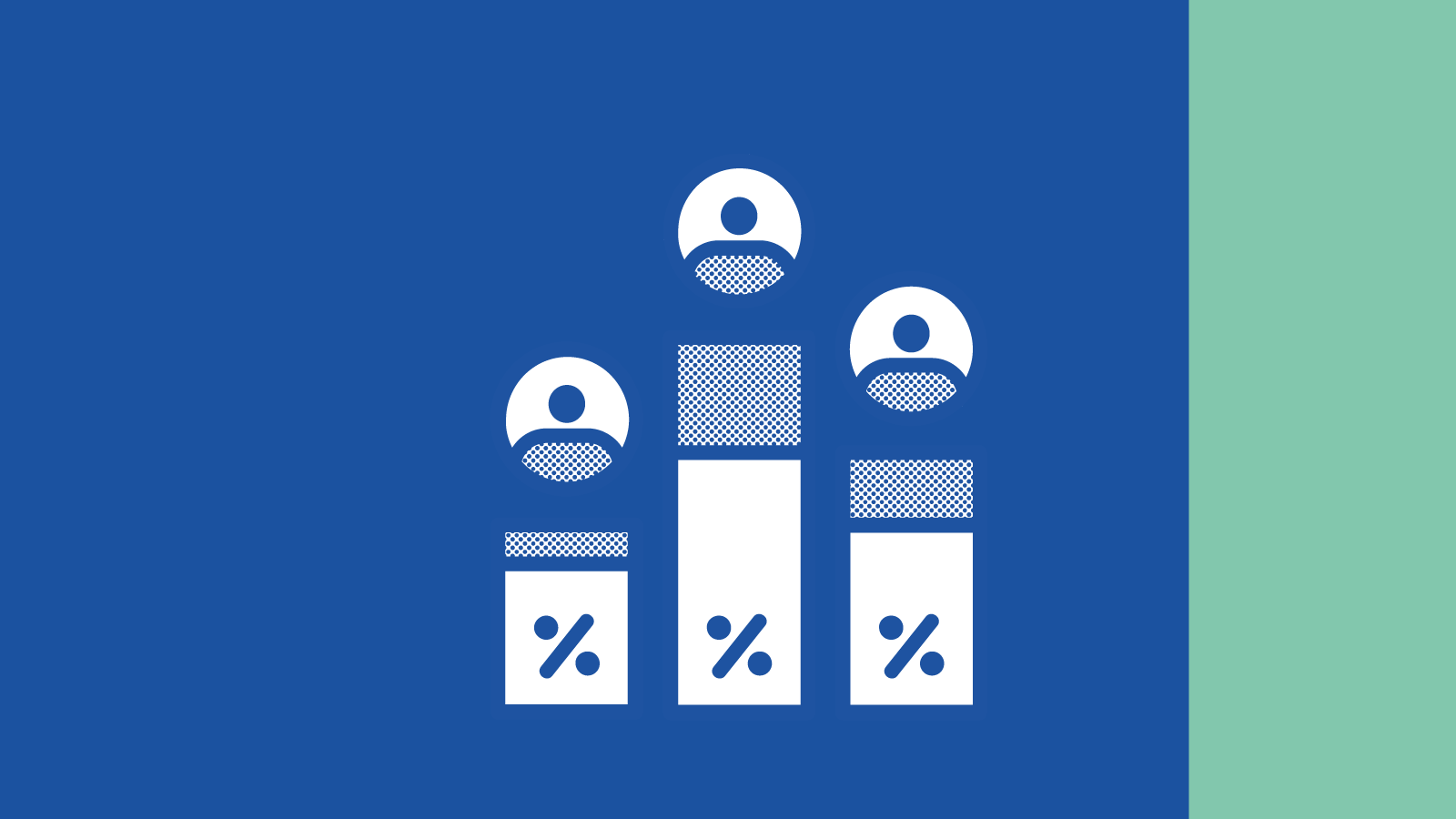42% of respondents opted for a proportional election system with open lists for the parliamentary elections. It is supported by the findings of the survey conducted by the OPORA Civil Network on “Attitudes of Citizens to Different Election Systems” presented during the Forum of Election Reform Supporters.
According to the poll, the issue of election systems is not major for average citizens in the period between election as over a half of respondents (53%) have no idea about the election system to be used during the next parliamentary elections. At the same time, whenever citizens mentioned the election systems they mostly (18.6% of cases) answered correctly – open lists (when you can vote for the party and elect a certain candidate from the party’s list at the same time). Older age respondents are more versed in the election system for the coming parliamentary elections rather than young people.
At the same time, citizens remember how they voted during the recent local elections in 2020 where the new system was used already. They say they did not face any difficulties with filling in the ballot paper (33.3%).
The respondents taking an interest in election processes are aware of the proportional election system with open lists. It found most of support – 42%. As few as 5.8% go for the mixed voting, when you can vote for the entire party list (closed lists) and separately for a candidate in majoritarian constituencies (as in 2012, 2014, and 2019). 5.6% believe it is best to vote only for the candidates in majoritarian constituencies (as in 1990 and 1994). Supporters of the election system with open lists form the majority (among the voters of all most popular parties).
OPORA survey showed that voter bribery as a factor is more active at the elections with the majoritarian component. Among the voters who received the offers of material benefits or charity in exchange for a vote in the elections, 37% said the offer implied the specific candidate in the constituency. At the same time, 14.4% of respondents informed about the bribery for the party.
60% of respondents know nothing about activities of MPs in the region of their residence, while only 24.8% know the name of the majoritarian deputy winning in the 2019 elections. In contrast, slightly less than 2% of respondents knew about the MP’s legislative efforts, which is the primary duty of a People’s Deputy. In parallel, 8.5% know about the infrastructure facilities in the community (schools, hospitals, roads, playgrounds, etc.) built or repaired with support of a majoritarian MP (in fact, it is usually implemented at the cost of taxpayers, under the government subvention for social and economic development).
Unfortunately, the low awareness levels are also common in regards to political parties. As few as 26.5% of voters knew the leader of a political party (number one on the list) they voted for in the 2019 parliamentary elections. 13% know the location of the customer office of the political party they supported in the recent parliamentary elections. As to personal requests filed to the party they supported in the 2019 parliamentary elections, as few as 3% took the opportunity. 5.5% of respondents know about the party’s reporting about their activities. Slightly over 4% know about the draft laws submitted by the party, and 1.5% participated in public events organized by the party. At the same time, 6.5% know who of the MPs representing the party has been assigned to the respondent’s constituency.
During the survey, respondents were asked about initiatives to return to the old election system, when half of the parliament (225 persons) shall be elected under a proportional system, and another half - - in the у 225 majority-based constituencies. Citizens were asked about what they saw behind these intentions. 27% of respondents chose the answer that the intentions were coming from the attempts of the current government to fit the election law to their needs, when the oligarchs wish to keep control over the parliament. 17% believe it was an attempt of majoritarian deputies to keep control over their constituencies, while 13.5% think it is a conspiracy of the government and the opposition to maintain control over the parliament. Some 9% of respondents consider these actions to be attempts of the government to erase some mistakes and shortcomings in election law.
Ukrainians are ready to personally support the areas of electoral reform concerning the introduction of options to recall MPs before the end of term, in case their performance is not satisfactory or they deviate from their election agendas (38% of respondents), the ensuring of integrity in the vote count and safeguarding the election results (36%), and preventing corrupt and non-integral politicians from running for candidacy (34%).
The survey used a face-to-face methodology, and was administered by the sociological company “Democratic Initiatives” Fund of Ilko Kucheriv, and the Center for Political Sociology, as commissioned by the OPORA Civil Network. Over the period from February, 1 to 12, 2022, sociologists surveyed 2,001 respondents, within a sample representative for the entire country (except for the occupied territories), on the basis of such parameters as age, type of settlement, and area of residence. The maximum random error stays within 2.2%.
STUDY: What Ukrainians Know and Think of the Election System. Survey by OPORA
The survey was made possible due to support of the American people provided through the US Agency for International Development (USAID). Any views or statements expressed in the report may not coincide with the position of USAID or the United States Government.
